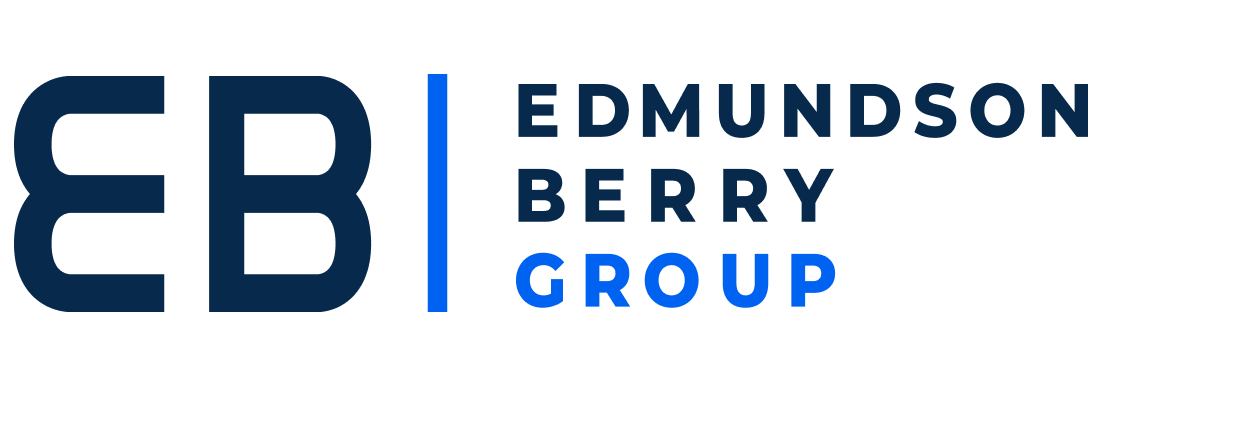- November 18, 2013
- Posted by: jsagar@marketingmo.com
- Category: Leadership and People
Earlier this month I had the opportunity to speak with Jeremy Park on the LPBC Radio Show. Jeremy also spoke with Lavetra Stewart of Time for a Change and Charlotte Hoppers of Grace House of Memphis.
Jeremy and I had a great talk and spoke for almost 20 minutes. I won’t rehash everything here, but I did want to address one point that is very important to me, and very important to the people at the companies that I work with. (If you’d like to listen to the full audio recording, click here).
That topic is called “purpose.”
Purpose is essential to both companies and us as individuals. It drives what we do, pushes us through the difficult times and serves as our higher calling.
Purpose for People
Think about your personal purpose. Is it clear? Or are you still working to define it? The answer may depend on your age. Think about your life being broken down into decades. This is a bit of an oversimplification, but I’ve found that it’s helpful to communicate each decade as follows:
20s – The Discovery Years. This is where you’re exploring and learning. You’re thinking about things like where you’re going to school, where you’re going to work, where you’re going to live and who you might marry.
30s – The Challenge Years. In your 30s, more opportunities present themselves. You’re required to make more decisions – difficult decisions – and people are going to challenge you on those decisions.
40s – The Pressure Years. In your 40s, you’re at your peak earnings. Nothing new is coming down the pipeline, you’re at your peak responsibilities and you have to make something happen.
50s – The Purpose Years. This is when most start defining their purpose. Some focus on it earlier, but this is when most people start thinking about “higher calling” in both their work and personal life.
60s – The Wisdom Years. You now have the experience and credibility to share what you’ve learned with others.
70s – The Legacy Years. You’re now focused on passing along the important parts of your life so they live on.
Many of executives that I work with are in the Pressure Years and the Purpose Years, working through the process to find what’s truly meaningful to them so they can structure and align their future activities to it.
For some, this is easy. For others, it can be quite challenging and require significant thought and discovery.
Purpose for Companies
Companies, like people, can (and should) have a purpose. Think about your business as a human being. What does it stand for? What is its purpose?
Here are some important points about purpose for companies:
- A purpose isn’t about revenue, profit or shareholder returns. Money doesn’t always motivate people. Making money is table stakes in a for-profit business – it’s an outcome.
- Some companies get it – having a clearly defined purpose that sets the vision and aligns their people and customers to that vision. For those who get it, everything they do is tied to purpose. Others struggle with it, and focus on outcomes instead of purpose.
- It’s important to recognize that your purpose is not a goal. Goals and desire are driven by fear-based emotions (i.e. I will do it as long as I have to do it). Every time a company achieves a goal, what’s next?
- You never achieve your purpose, but you always strive toward it. Your purpose never goes away. It’s bigger than a goal; it’s bigger than a desire.
A leader’s greatest power is in his or her ability to set a vision that people understand and want to follow. You can’t do that without purpose.




